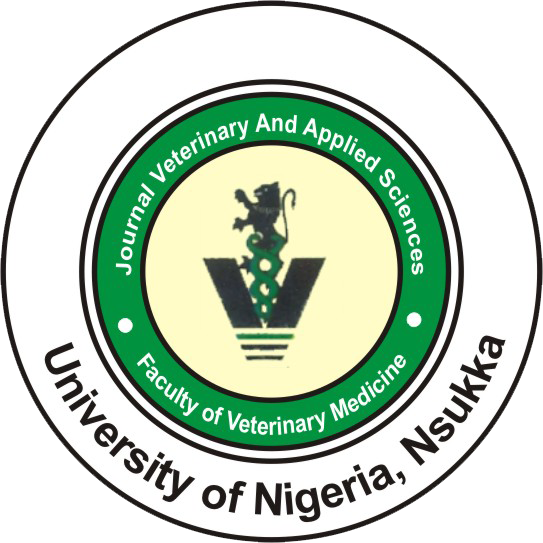University of Nigeria
ISSN: 2315 - 6856
e-ISSN: 2636 - 5553
Journal volumes
Powered by: RockSystems Global Services Ltd.
rocksystemsglobal@gmail.com (+2348035271306)
www.rocksystemsglobal.com
Volume 14, Issue 1: 2024 - Article 131
Abstract
Honey has been used in traditional medicine worldwide. This study evaluated the nutritional and phytochemical composition of honey obtained from Benue State, Nigeria, and studied the effects of oral administration of the honey on the body weights, haematology and antibody titres of albino rats. The honey used for the study was obtained from an apiarist in Benue State, Nigeria in February 2019 (dry season). It was subjected to nutritional and phytochemical analysis following standard procedures. The in vivo study with rats utilized 20 albino rats randomly assigned to four groups (A, B, C, D) of five rats each. Rats in group A were the untreated controls, while rats in groups B, C, and D were given daily oral doses of the honey at 2.5, 5.0 and 7.5 mg/kg respectively for 28 days. Body weights and temperature of the rats were measured at weekly intervals, and blood samples were collected from the rats once a week for haematology and antibody titre determination. Results showed that the protein and carbohydrate content of the honey studied was higher than that of the European standard, while its moisture and hydroxymethylfurfural content was lower than that of the European standard. The honey had high levels of saponins, phenol and terpenoids, moderate levels of alkaloids and steroids, and low levels of flavonoids. Administration of the honey to rats led to significantly (p < 0.05) higher body weights, total leukocyte, neutrophil and erythrocyte counts in the treated groups in a dose dependent manner. Rats treated with honey further showed a significantly (p < 0.05) higher antibody titre than the untreated control. These results suggest that the honey used in this study is rich nutritionally and in valuable phytochemicals, and its oral administration to rats led to higher body weights, total leukocyte, erythrocyte and neutrophil counts and antibody titre.
Keywords: Nigerian honey; Nutritional composition; Phytochemicals; Haematology; Antibody titre; Albino rats.
How to cite this article:
Asuzu OV, Okpala IM, Kuhn SP, Udeani IJ, Ubachukwu CC, Ezeugwu CC, Ezeocha BA, Anyaoha C,
Onyejekwe O, Nwobi LG and Ekere OS (2024). Nutritional and phytochemical composition of honey
obtained from bees in Benue State, Nigeria, and its effects on the body weights, haematology and
antibody titres of albino rats. Journal of Veterinary and Applied Sciences, 14(1): 390 – 403.
*Correspondence: E-mail: Onyekachi.asuzu@unn.edu.ng Phone: +2348026256828

Nutritional and phytochemical composition of honey obtained from bees in Benue State, Nigeria, and its effects on the body weights, haematology and antibody titres of albino rats
Onyekachi V. Asuzu 1, 2, Ikenna M. Okpala 1, Sarah P. Kuhn 2, Ikechukwu J. Udeani 1, Chidiebere C. Ubachukwu 1, Chikaodili C. Ezeugwu 1, Blessing A. Ezeocha 1, Chidiebere Anyaoha 1, Obinna Onyejekwe 1, Lotanna G. Nwobi 1 and Okezie S. Ekere 1
1 Faculty of Veterinary Medicine, University of Nigeria, Nsukka, Enugu State, Nigeria.
2 School of Medicine, Dentistry & Biomedical Sciences, Queen’s University, Belfast, United Kingdom.
Download .pdf copy here >>






